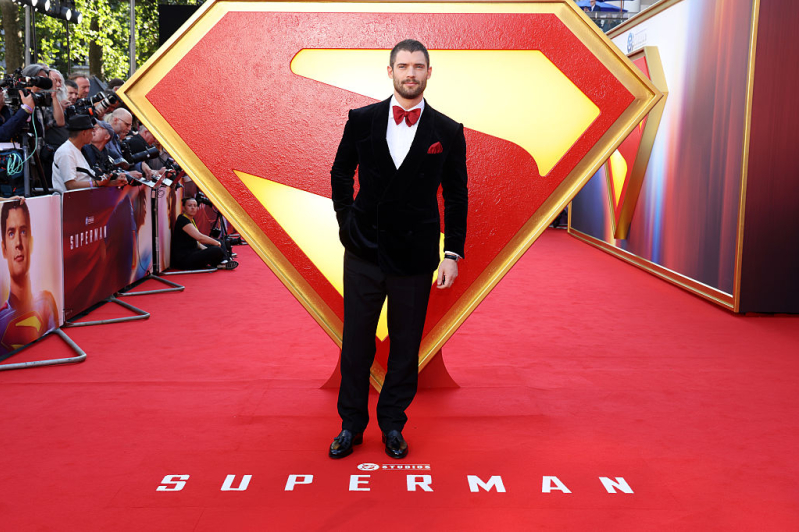
The latest Superman film, Superman (2025), has sparked cultural reflection not just in entertainment circles but also among Christian commentators who see in it a surprising opportunity for evangelism. Mark Legg, former associate editor at Denison Forum and now a philosophy graduate student at the University of Edinburgh, explored the film’s deeper cultural and spiritual themes in a recent review titled A Cultural Commentary on “Superman”: From Modernism, to Postmodernism, to Metamodernism.
Legg traces the character’s evolution over nearly nine decades, observing how Superman’s portrayal mirrors shifts in cultural worldviews—from the hopeful modernism of post-WWII America, through the skeptical postmodernism of the early 21st century, to today’s emerging “metamodernism,” a blend of irony and sincere optimism.
“The first Superman wasn’t born into a bright and easy world,” Legg writes, noting that the hero’s 1938 debut in Action Comics #1 placed him in a dark, corrupt society reeling from the Great Depression and on the brink of global war. The earliest Superman stories were about rescuing women from abuse, exposing corrupt politicians, and fighting injustice—not just punching out supervillains.
In the postwar era, however, Superman became an embodiment of American ideals. Films like Superman (1978), starring Christopher Reeve, portrayed him as a clean-cut hero standing up for truth and justice, while Superman Returns (2006) continued that modernist narrative of hope and responsibility.
But the 2013 film Man of Steel, starring Henry Cavill, marked a stark departure. Legg describes it as a postmodern take on the hero, emphasizing inner turmoil, moral ambiguity, and large-scale violence with little focus on saving ordinary people. “Superman is portrayed as sexy, guilt-ridden, violent, moody, and morally confused,” Legg notes, observing how the film critiques the very ideals Superman once symbolized.
With James Gunn’s 2025 Superman, starring David Corenswet, Legg sees a return to hope—what he calls “metamodernism.” This cultural mood, popular among Gen Z and Gen Alpha, oscillates between postmodern skepticism and a renewed hunger for optimism. The new film, Legg writes, “maximizes modernist sensibilities to the point of ridiculousness (but without being sarcastic),” offering a Superman who saves a dog, a crowd of people, and even a squirrel during an apocalyptic battle, and who insists on showing mercy even to monstrous foes.
The film also explores identity and moral choice. A key plot point involves Superman learning a shocking truth about his biological parents’ intentions for him to dominate Earth. But rather than succumbing to that narrative, he chooses the path of service, inspired by his adoptive earthly parents.
For Legg, this opens a door for Christian outreach. He argues that metamodern audiences, weary of constant deconstruction, are hungry for meaning, purpose, and hope. “The rise of metamodernism represents an opportunity for evangelism and revival in the youngest generation,” he writes. “Exhausted by the apparent doom and gloom of the future, they seek fresh hope to combat the constant deconstruction.”
Legg draws on biblical themes, pointing to humanity’s sinful nature (Jeremiah 17:9) and the transformative hope found in Christ (2 Corinthians 3:18; 1 Corinthians 15:51). He echoes other Christian thinkers who see in today’s cultural moment a unique readiness to hear the gospel.
As a freelance writer and author of the Agape Sophia blog, where he explores philosophy, faith, and culture, Legg is no stranger to finding intersections between pop culture and theology. With Superman (2025), he believes Christians have a fresh chance to share the message of a Savior whose mission is not domination or violence—but self-giving love, mercy, and redemption.






